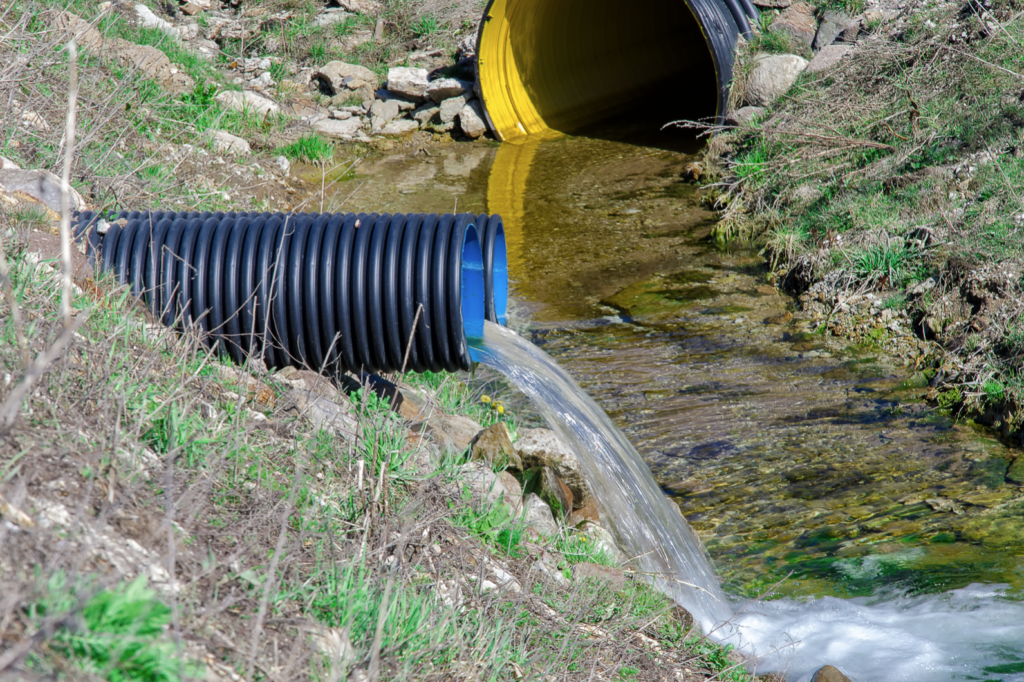Ecology and Evolutionary Biologist, La'Shaye Cobley, PhD, reflects on how her upbringing informed her path to science policy and how she considers public engagement in her current work with the California Air Resources Board.
Many environmental issues are inherently local. State legislatures and agencies often establish the regulations implemented by local governments in a range of areas that include air and water quality, development and industrial activity, environmental impacts on people’s health, and many others. Cities and counties develop local ordinances that implement environmental standards and establish task forces and commissions with the responsibility of developing approaches that work for a specific community. Environmental policies are often linked to the outcomes in other issue areas, including climate, energy, waste, transportation, and the economy.

Ecology and Evolutionary Biologist, La'Shaye Cobley, PhD, reflects on how her upbringing informed her path to science policy and how she considers public engagement in her current work with the California Air Resources Board.
Andrew Hillman is a PhD candidate at the University of Wisconsin-Madison and a member of the Soil and Water Conservation Society where he engages with the public and advises on policy relating to soil and water conservation.
Join ESAL Local Engagement Volunteer and Civic Scientist, Cynthia Prieto-Diaz, for MLK, Jr. Day of Service to clean up the Riverbank, CA environment! Participants should review and sign the waiver of liability and express risk assumption before joining the event.
On Saturday, September 21, 2024, ESAL, in collaboration with Eden Youth and City of San Leandro Public Works hosted a community cleanup initiative, bringing together volunteers from San Leandro and surrounding cities to make a positive impact on the local environment.
Professor of environmental studies at Wilfrid Laurier University in Waterloo, Canada, Robert McLeman researches the impacts of climate and other environmental changes on human migration.
ESAL discusses the idea of using choice architecture to create more inclusive, sustainable food options in hospital, corporation and university settings with Katie Cantrell, CEO and co-Founder of Greener by Default.
ESAL interviews James Nachbaur, the Director of the Office of Research, Planning, and Performance within California State's Water Resources Control Board about his involvement with environmental policy and clean energy policy and the steps that brought him to this point in his policy career.
ESAL chatted with Cindy Hua, board member of Downwinders at Risk and chair of the Particulate Matter Education Committee, about her work on empowering residents to engage with the civic process and her journey into local activism.
Cynthia Prieto-Diaz, a biomedical engineer by training, actively contributes to scientific discourse by volunteering, engaging with city governments, and advocating for STEMM (Science, Technology, Engineering, Mathematics, and Medicine) involvement and consideration in local governance.Prieto-Diaz currently holds a position on the leadership team for 500 Women Scientists and serves as a member of the Board of Directors for the Cal Poly Pomona-Latin Alumni Network.